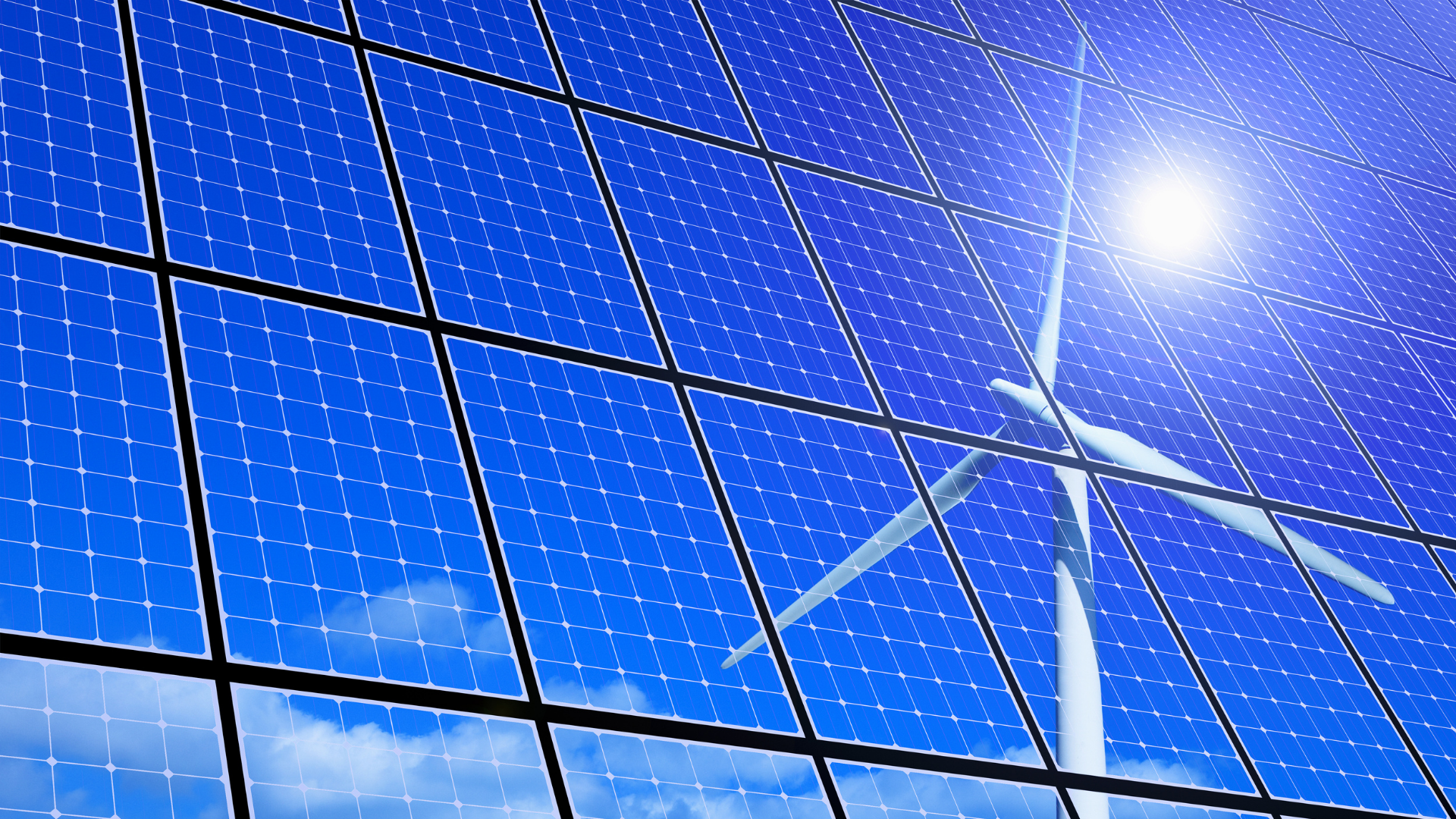- 13.10.2020
- Ecological justice
- Array
- IFC explicitly excludes coal in over 80% of new intermediary investments and excludes oil and gas in 21%
- IFC’s first Green Equity pilot bank funds coal expansion in Indonesia
- CSOs call for IFC to shift out of all fossil fuels and tackle coal support
14 October 2020
The World Bank’s private lending arm, the International Finance Corporation (IFC), has banned coal deals in more than 80% of its new lending to financial intermediaries (FIs) in the past year.
According to a new report by Recourse, co-published with Trend Asia in Indonesia, Philippine Movement for Climate Justice, and Korea Sustainability Investing Forum, called “Coming clean: Can the IFC help end coal finance?”, IFC’s “quiet revolution” in the world of high finance is a very promising start but with many loopholes to be closed and faster action still needed.
IFC’s announcement in 2018 that it would reduce its exposure to coal in its financial intermediary lending was a highly significant one, and as a result in September 2020 it published its new Green Equity Approach (GEA). IFC is the standard setter for both the private sector and those who lend to them, including export credit agencies, development financiers and private sector banks. An estimated $4.5 trillion in investments across emerging markets adhere to IFC’s standards. IFC’s current investment portfolio totals nearly $59 billion, and of the $19 bn it invested in 2019, over 60% went to FIs, such as private equity funds and commercial banks.
“We’ve uncovered an encouraging – even a radical – trend over the past year with IFC explicitly excluding coal in the vast majority of its financial intermediary lending. This move sends a strong signal that the era of coal financing is over,” said report author Kate Geary, Co-Director of Recourse.
The report says out of 81 “medium-to-high risk” financial intermediaries in IFC’s FI portfolio over the past year, 67 explicitly excluded coal and 17 excluded oil and gas. Researchers encountered some difficulties with unclear language or incomplete data.
“The trends are evident and welcome, but they can’t hide loopholes and exceptions that IFC must address if it truly intends to tackle the climate emergency,” Geary said.
IFC’s new GEA aims to support equity clients to reduce their coal exposure by 50% by 2025 and to zero by 2030. But Recourse’s report discovered that IFC’s first GEA client – Indonesia’s Hana Bank – is part of a conglomerate “up to its neck in coal” and that Hana Indonesia itself is now investing in one of the biggest new coal complexes on the planet, Java 9 and 10. The project will release 10 million cubic tonnes of carbon dioxide each year, the equivalent to the annual emissions of Thailand or Spain, in an Indonesian region that already has 52 huge coal-fired power plants.
Yuyun Indradi, Executive Director of Trend Asia said, “it is obvious that the new Java 9 & 10 plants will bring more disaster in terms of environmental, social and health issues, in an area already covered with coal fired power plants and industries. It does not need to be burdened with more. The Java and Bali grid is already suffering from 40% oversupply of electricity. Funding such projects will not help our peoples, our country and our planet. Withdrawing that funding and redirecting it for renewable energy is urgently needed.”
The report notes that if the world realises plans to build 1,200 new coal-fired plants it will be unable to stop catastrophic climate change. IFC is a key player in whether this happens or not.
One of the loopholes in IFC’s Green Equity Approach, which otherwise is beginning to deliver so much after being piloted last year, allows it to keep investing in coal for industrial uses, such as cement production. This sector is a huge climate culprit, alone responsible for over a fifth of the world’s direct greenhouse gas emissions.
Campaign groups recommend that IFC close the loopholes in its green equity strategy, extending it to other fossil fuels as well as to industrial processes. For debt lending, IFC should ensure its targeted investments are traceable, enforceable and publicly audited.
The report also urges IFC to proceed with a phase-out plan for coal plants it has already backed in the Philippines and to challenge Hana Indonesia and its parent bank Hana Korea to reduce their significant coal exposure.
Ian Rivera, National Coordinator of the Philippine Movement for Climate Justice said, “IFC’s Green Equity Approach is a critical shift toward the total decarbonisation of its investments and heralds the end of coal. While we laud this bold move, climate vulnerable countries like the Philippines want to see this policy extended to cut off all development financing of climate-busting projects, in order to keep the rise in global temperatures to below 1.5 degrees Celsius.”
NOTE
New report: Coming clean: Can the IFC help end coal finance? by Recourse, co-published with Trend Asia in Indonesia, Philippine Movement for Climate Justice, and Korea Sustainability Investing Forum,
CONTACT:
Kate Geary, Co-Director, Recourse,
Email: kate@re-course.org Phone: +44 7393189175

